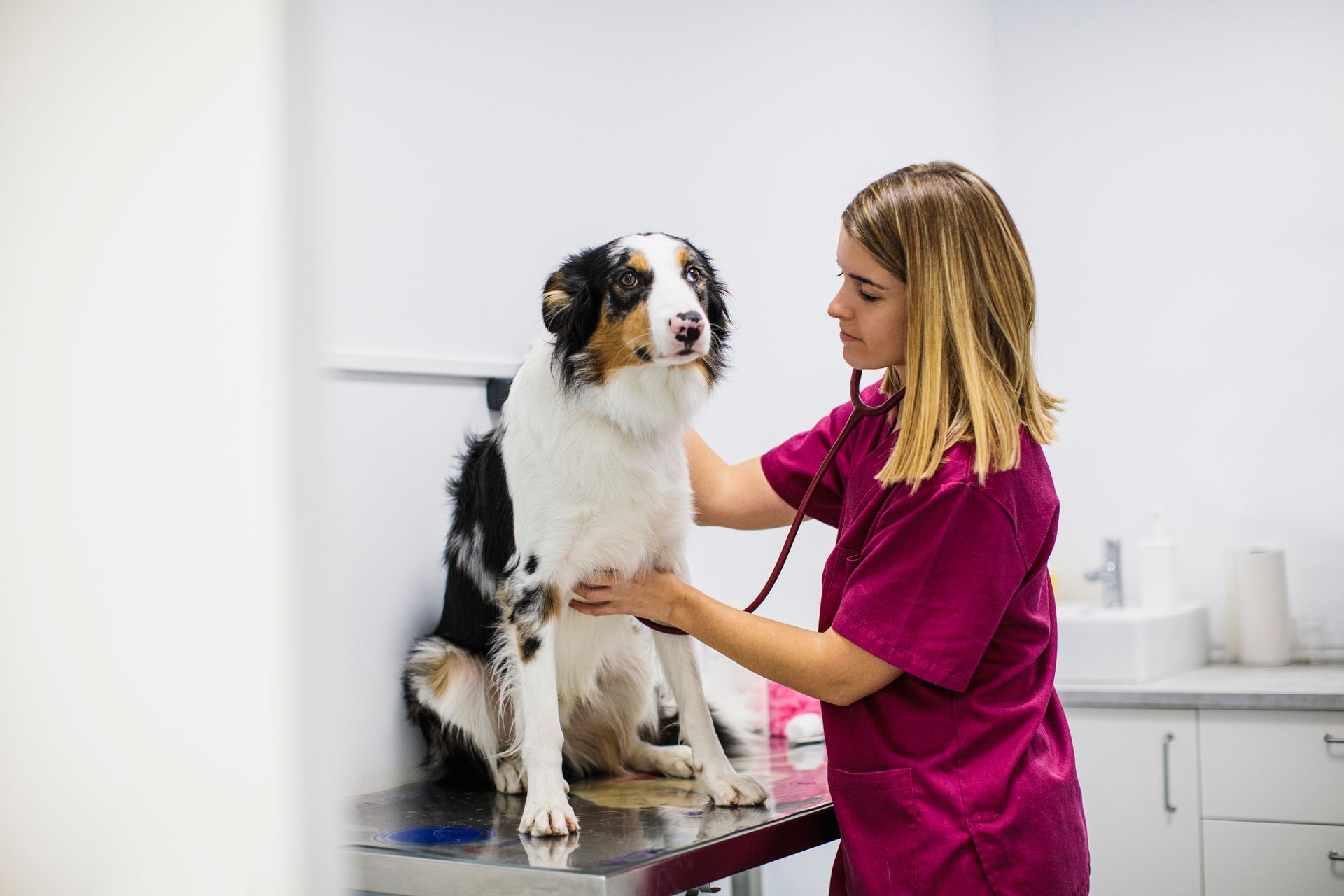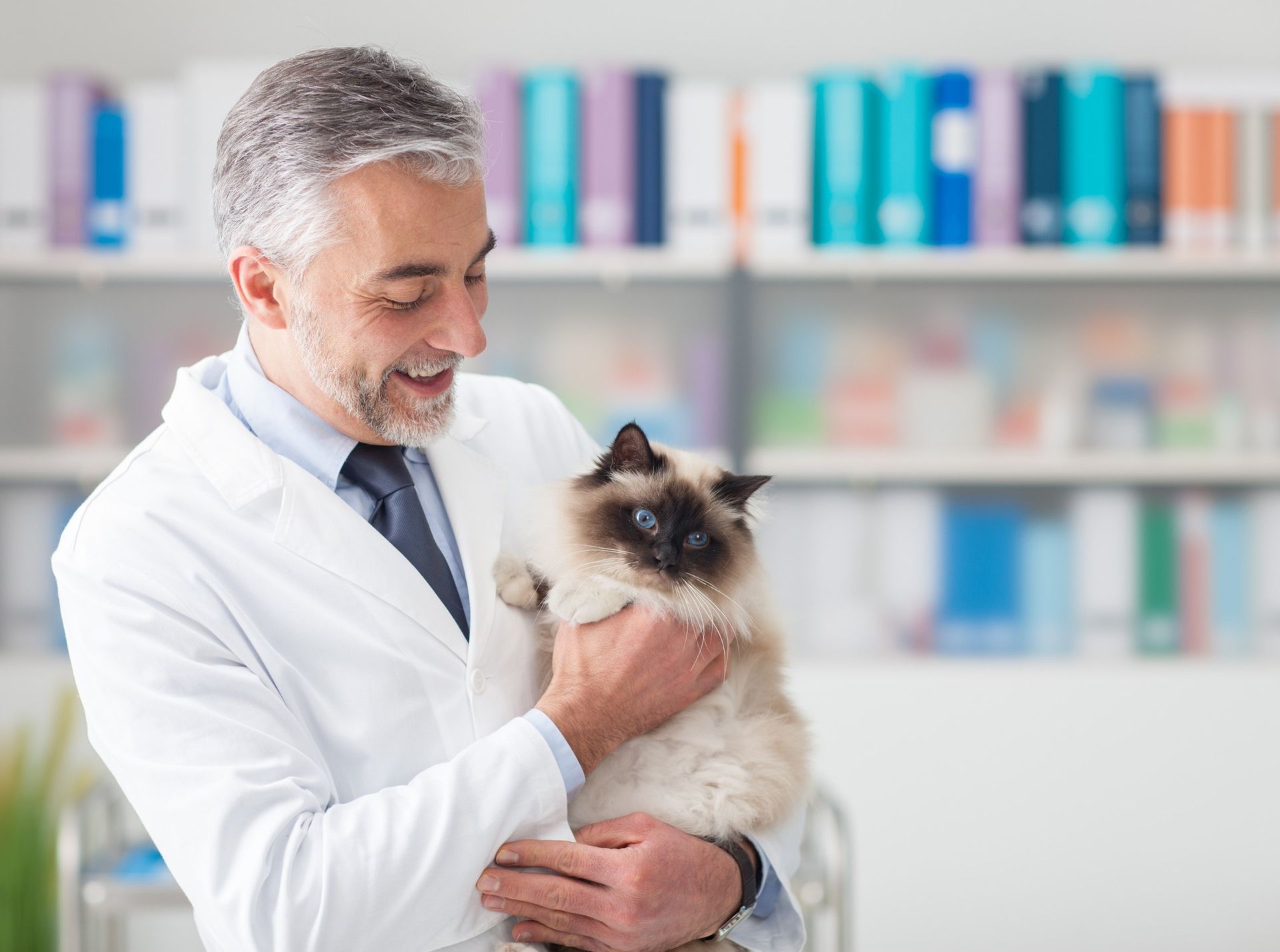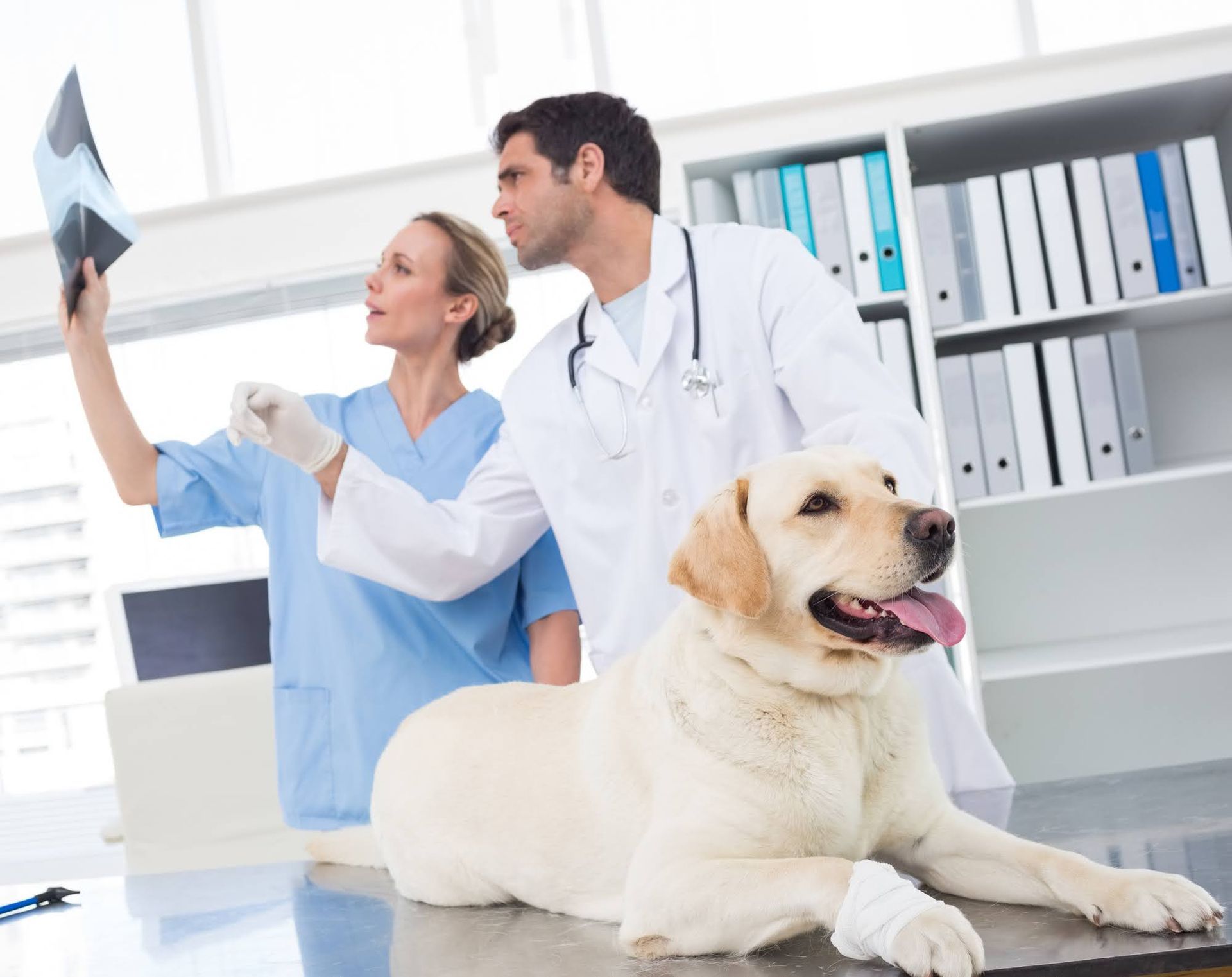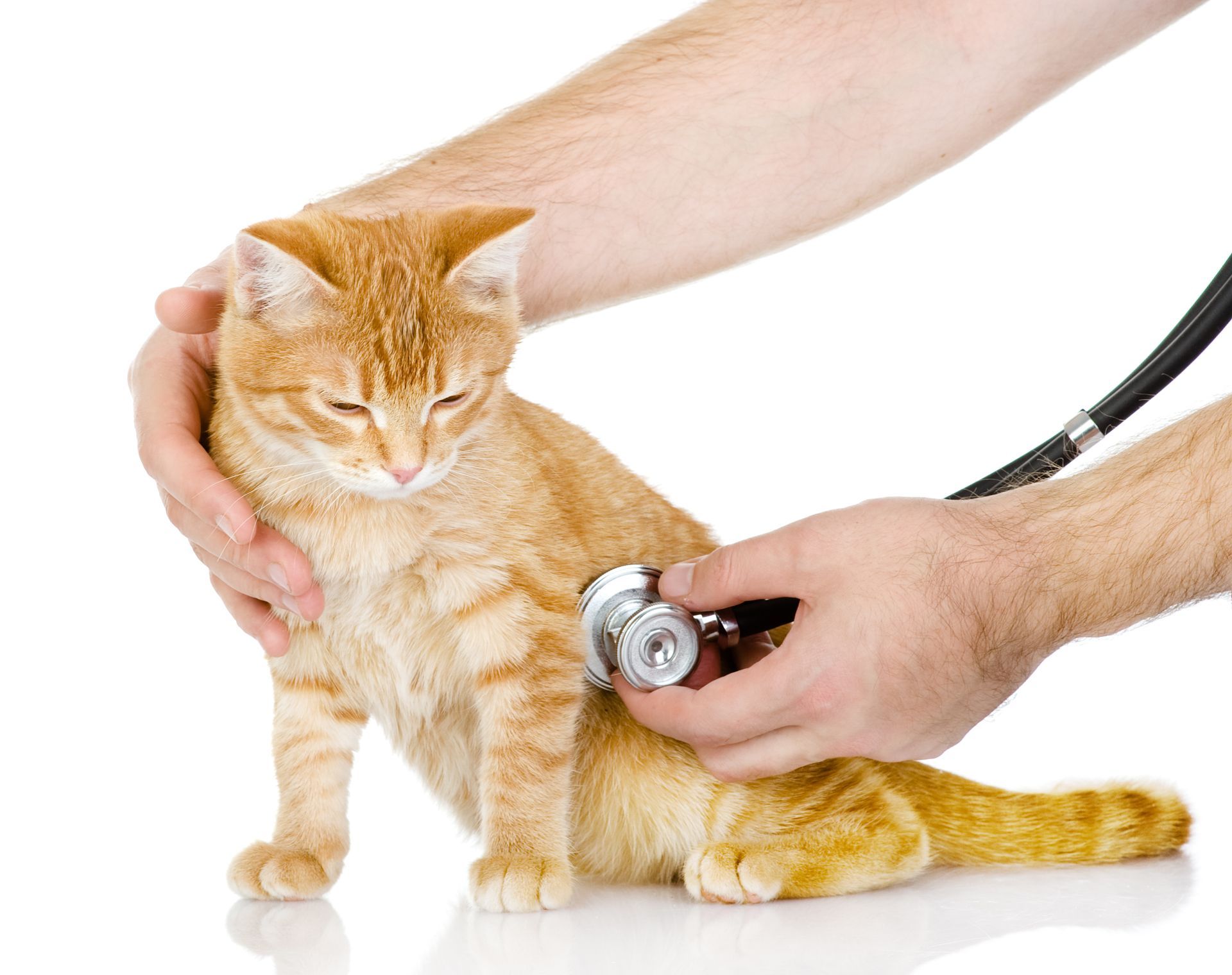Behaviors In Your Dog: Signs It's Time To Visit the Vet
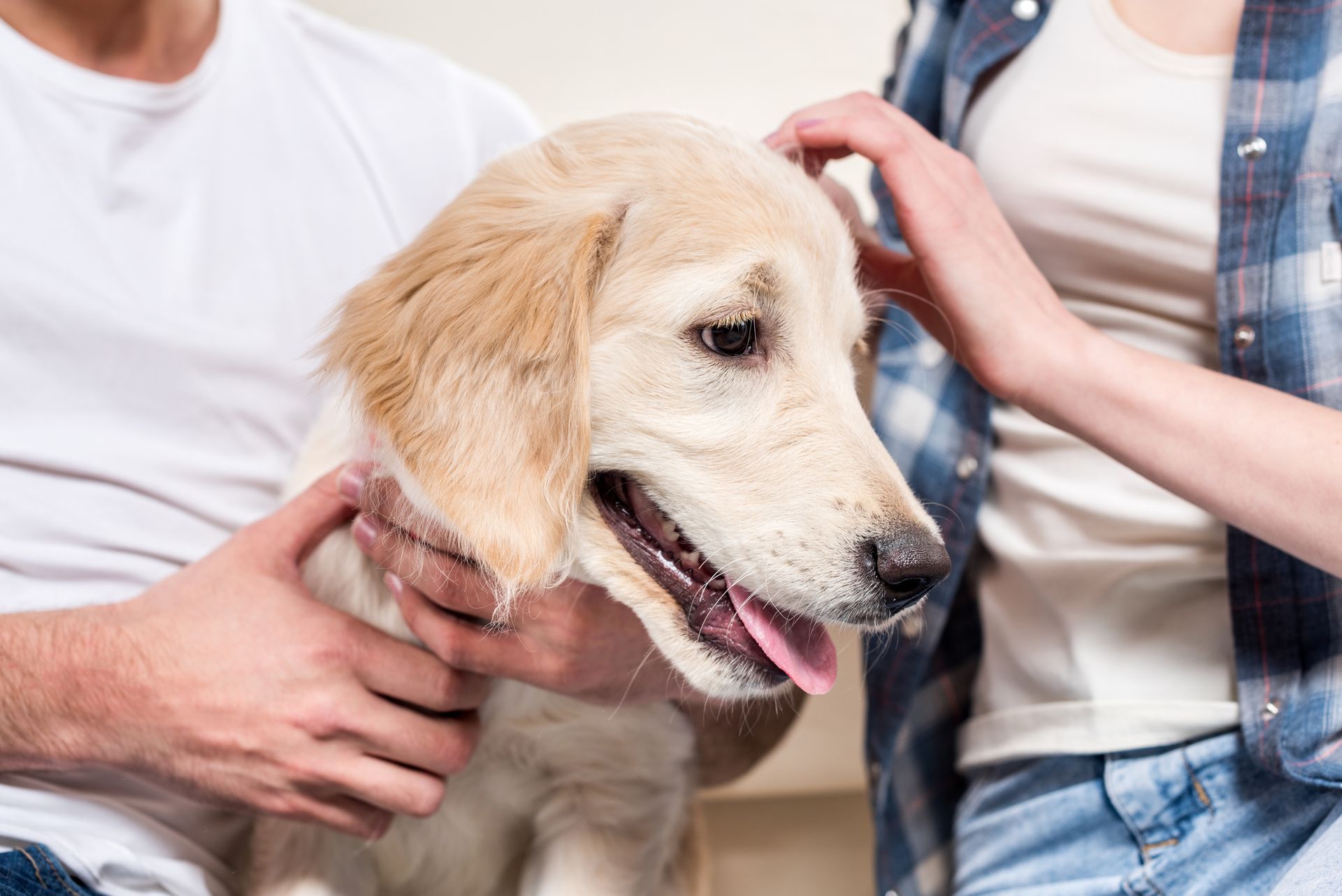
Pets, just like people, can experience traumas in their lives that can affect the way they behave. As a dog owner, it's your responsibility to not only recognize when your dog is acting differently than normal but to take action as well. It's not always easy to be able to correlate your dog's behavioral changes to their overall health, but this guide can help. Here are signs it's time to visit the vet for your dog's behavior.
Is Your Dog Anxious Or Aggressive?
A serious sign that your dog may need medical attention is increased anxiety or aggression. These are signs your pet may be in some type of distress. If your normally calm and friendly pup suddenly becomes more irritable or jumpy, it could be a red flag that something is wrong. This change in behavior could be caused by pain or discomfort, which can manifest as aggression towards other pets or even towards you. It's important to observe these changes closely and consult with your veterinarian to rule out any potential health problems.
Is Your Dog Restless?
Another behavior change to watch out for is excessive panting or restlessness; if your dog is panting heavily for no apparent reason or seems unable to settle down, it could be a sign of pain or distress. Dogs often pant when they are anxious or uncomfortable, so it's crucial to address this behavior promptly. Your vet can help determine the cause of your dog's discomfort and provide appropriate treatment by doing a physical exam and taking a urine or blood sample.
Conversely, if your dog is suddenly sleeping more frequently or acting lazier than usual (or has suddenly lost interest in walks or their other favorite activities), get them to a vet right away. A dog that is not interested in being active could be in very serious pain or could have internal issues that need to be medically addressed.
Is Your Dog Eating More Or Less?
Changes in appetite can also indicate a health issue in your dog, even if your dog is eating more than usual and seemingly happy otherwise. If your once-voracious eater suddenly loses interest in food or water, it could be a sign of illness or dental problems. Conversely, if your dog starts eating more than usual or becomes obsessed with food, it could point to issues like diabetes or thyroid problems. Keep a close eye on your dog's eating habits and consult with your vet if you notice any significant changes. Take them to the vet immediately if they are also drooling excessively in combination with their strange food-oriented behaviors.
Is Your Dog Acting Confused?
Behavioral changes, such as sudden house soiling, disorientation, or confusion can be indicative of age-related dementia in dogs. Just like humans, dogs can suffer from cognitive decline as they get older, leading to symptoms like forgetting familiar routines or getting lost in familiar surroundings. If you notice signs of confusion or disorientation in your senior dog, it's essential to seek veterinary care for proper diagnosis and management to help them age with better outcomes.
Your dog relies on you to take care of their physical and emotional well-being. By staying vigilant for behavior changes that may signal an underlying health issue, you can ensure your furry companions receive timely medical attention when needed. Remember that every dog is different, so pay attention to what is normal for your pet and seek professional advice if you notice any concerning behavior changes. Your veterinarian will be able to provide guidance on how best to address these issues and keep your beloved companion happy and healthy for years to come. Schedule a vet appointment with Angel Pet Hospital today.


